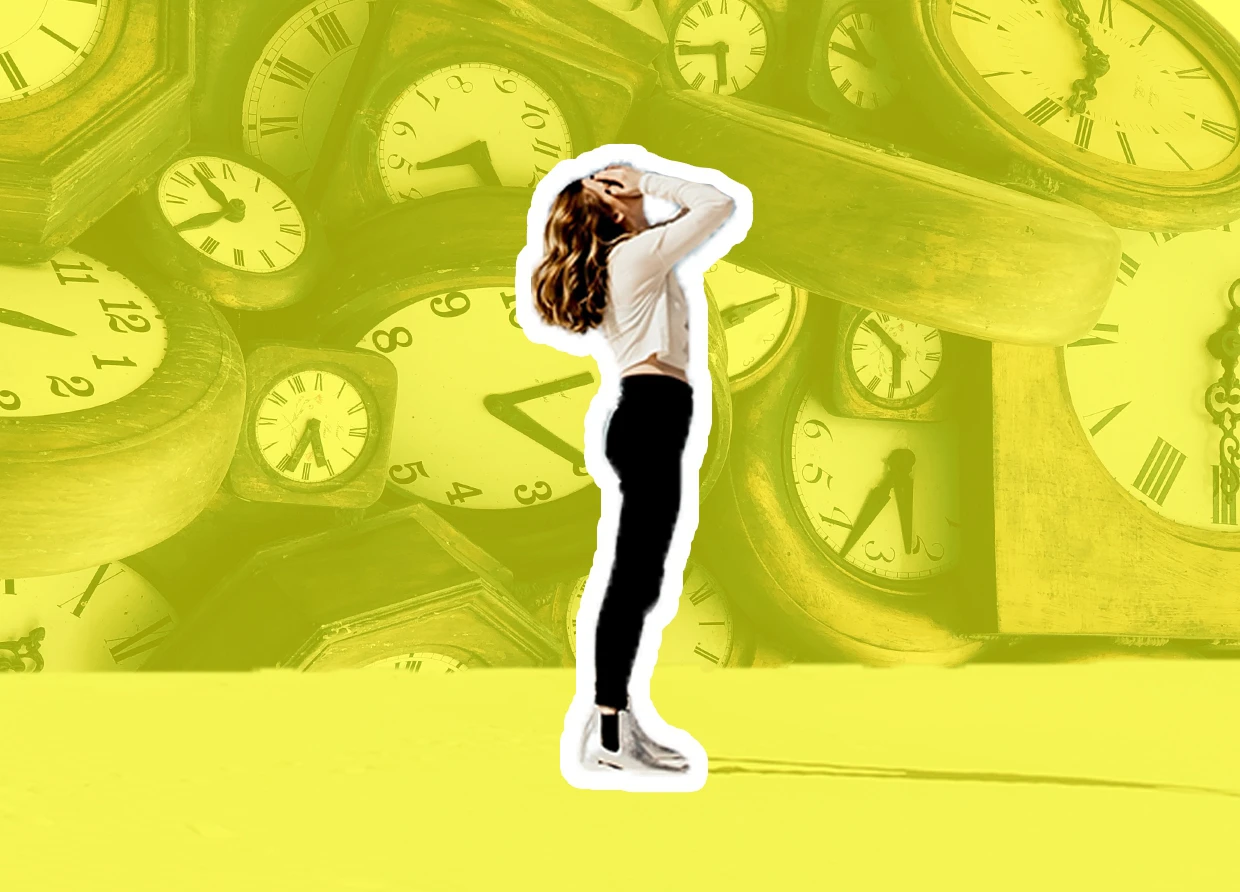SLEEP DEPRIVATION: BAD SLEEP HABIT THAT YOU SHOULD AVOID
Sleep deprivation is a state caused by inadequate quantity or quality of sleep.

If you are a night-owl, we assume that you often mess up your sleep-time. However, don't you know that sleeping is part of life that you need to manage well? I ever ignored my sleeping time, and I found my body didn't feel good as well as I got my mood swing. Sleep accounts for nearly one-third of the human lifespan.
Not only is sleep necessary for our daily functioning, but it also has many systemic health benefits. Sleep helps control our metabolism and weight, promotes stable moods, helps prevent cardiovascular diseases, boosts our immune system/function, increases knowledge retention, and helps us with long and short-term memory (Augustahealth, 2019).
Your body does incredible things while you are sleeping. Remember, sleeping less than seven hours per night could harm your health. From keeping our bodies healthy to providing the energy and focus we all need to get through the day, sleep is critical for our life.
What is sleep deprivation?
According to Better health, sleep deprivation is a general term to describe a state caused by inadequate quantity or quality of sleep, including voluntary or involuntary sleeplessness and circadian rhythm sleep disorders. A sleepy fatigued person is accident prone, judgment impaired, and more likely to make mistakes and bad decisions.
Staying awake for 24 hours leads to reduced hand-to-eye coordination, similar to having a blood alcohol content of 0.1. This is why sleep deprivation contributes to road accidents and work injuries. Lack of sleep can also affect a child's school performance and could be linked to an increased risk of emotional problems such as depression.
The symptoms of sleep deprivation
According to Sleep Foundation, sleep deprivation's primary signs, and symptoms include excessive daytime sleepiness and daytime impairment such as reduced concentration, slower thinking, and mood changes.

Feeling extremely tired during the day is one of the hallmark signs of sleep deprivation. People with excessive daytime sleepiness may feel drowsy and have difficulty staying awake even when they need to. In some cases, this results in microsleeps in which a person dozes off for a matter of seconds.
Insufficient sleep can directly affect how a person feels during their waking hours. Examples of these symptoms include:
- slowed thinking
- reduced attention span
- worsened memory
- poor or risky decision-making
- lack of energy
Mood changes including feelings of stress, anxiety, or irritability
A person's symptoms can depend on the extent of their sleep deprivation and whether it is acute or chronic. Research also suggests that some individuals are more likely to experience symptoms after a lack of sleep and that this may be tied to a person's genetic. Stimulants like caffeine can also mask the symptoms of sleep deprivation, so it's important to note how you feel on and off these substances.
Make the most of the day
Getting frequent sunlight exposure during the day supports a healthy circadian rhythm that helps you be alert during the day and sleepy at night. Regular physical activity can also contribute to a normal sleep schedule, so try to engage in at least moderate exercise every day.
#THE S MEDIA #Media Milenial #lack of sleep #sleep deprivation #sleeping time



























